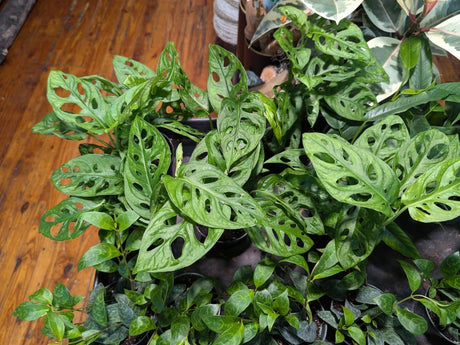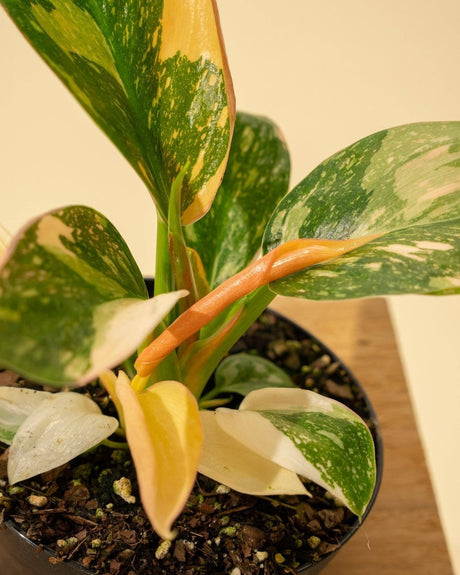Zygocactus vs. Schlumbergia: Understanding the Christmas Cactus
When exploring holiday-themed houseplants, one common query emerges: Zygocactus vs. Schlumbergia – what is a Christmas cactus, and how do these terms differ? While both refer to festive succulents admired for their vibrant blooms, the distinction lies in their botanical classifications and features. Let’s delve into the nuances to clarify this perennial debate.
What is a Christmas Cactus?
The "Christmas cactus" is a popular term describing several species of flowering plants in the Schlumbergera genus, often sold during the winter holiday season. These succulents originate from the rainforests of Brazil, where they grow as epiphytes on trees. Their flattened, segmented stems and stunning tubular flowers make them a cherished holiday decoration.
However, confusion arises because older horticultural references and some cultivars are still associated with the genus Zygocactus. Modern taxonomy officially recognizes these plants as Schlumbergera, but the historical term persists in casual use.
Key Differences Between Zygocactus and Schlumbergia
1. Taxonomic Classification
- Zygocactus: This term historically referred to species now classified under the Schlumbergera genus. It is no longer scientifically accurate but remains a common name in gardening circles.
- Schlumbergera: The current genus encompassing the Christmas cactus and related species like S. truncata and S. bridgesii.
2. Stem Structure
- Zygocactus (Historical): Often used interchangeably with Schlumbergera truncata (Thanksgiving cactus), which has pointed, claw-like stem segments.
- Schlumbergera bridgesii: Known as the true Christmas cactus, its stem segments are rounded with smoother edges.
3. Bloom Time
- Thanksgiving Cactus (S. truncata): Typically blooms in late November.
- Christmas Cactus (S. bridgesii): Flowers closer to late December, aligning with Christmas.
Care Tips for Christmas Cactus Varieties
Regardless of whether you call them Zygocactus or Schlumbergera, these plants share similar care requirements:
- Light: Bright, indirect sunlight is ideal.
- Watering: Allow the top inch of soil to dry between waterings. Avoid overwatering, as these plants are susceptible to root rot.
- Humidity: Higher humidity levels mimic their native rainforest habitat.
- Temperature: They prefer temperatures between 65–75°F but need cooler nights (50–55°F) to initiate flowering.
- Fertilizer: Use a balanced fertilizer monthly during the growing season.
For more in-depth care tips, explore our guide on Christmas cactus care.
Fun Fact: Hybridization and Cultivars
Modern hybrids blur the lines between Thanksgiving and Christmas cacti. Many commercially available plants are crossbreeds, offering a range of bloom colors from white and pink to red and orange. These hybrids contribute to the ongoing confusion between Zygocactus and Schlumbergera.
Why It Matters
Understanding the distinction between Zygocactus and Schlumbergera ensures accurate identification and care for your holiday cactus. Plus, knowing the botanical history adds a layer of appreciation for these seasonal favorites.
If you're looking for a vibrant Christmas cactus to brighten your space, check out our new arrivals and bring home a festive bloom today!
















